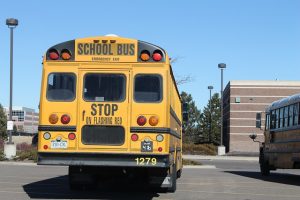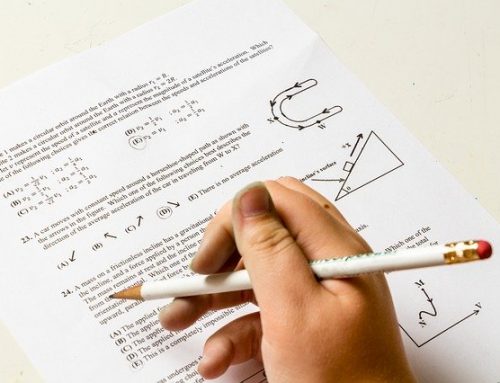Your child is embarking on an exciting, challenging, confusing, and scary adventure. Between Jr. High and High School many students lose their way, at least temporarily. Attendance suffers and grades drop. Students lose confidence or stumble into damaging friendships. Among the issues your student may be dealing with are:
 Lowered status: Your child will be shifting from being the among the oldest, in-the-know, group of kids to being the youngest and least comfortable. Even the most confident Jr. High student is likely to feel uncertain in the new world of high school.
Lowered status: Your child will be shifting from being the among the oldest, in-the-know, group of kids to being the youngest and least comfortable. Even the most confident Jr. High student is likely to feel uncertain in the new world of high school.
Physically lost: Where the heck is the science lab, the art room, where is the bathroom, for heaven’s sake? A strange environment can be off-putting for any of us, but in the chaos of a high school hallway during class change it can be downright stupefying.
Overwhelmed by choices: One of the great things about high school is the number of choices your child will be able to make. That variety can also be confusing. Start strong with challenging courses or ease into high school with some easier ones? With college in the near future, every course choice counts.
Seeking help: The faces were familiar in Jr. High and your child knew just which adult to go to for help with any issue. In this new environment filled with strangers, she or he may struggle with finding the right person to help with questions.
Higher expectations: This is when it gets serious. Your child has four years to earn the grades that will make a huge difference in the options he or she will have for the future. High school teachers will also expect much more responsibility and self-direction than your child may be used to assuming.
Peer pressure: Your child will be spending her or his days with other students who are nearly adults and with interests much more adventurous than your child may be prepared to handle. Drinking, drugs, and sex are issues that even these older students struggle with.
Handling freedom: High school students enjoy more freedom than Jr. High students. They may be able to leave campus during lunch or free periods. They are expected to manage their time outside the classroom to keep up with the requirements of their classes.
Getting socially lost: No way is your child going to start off as Big Student on Campus. New kids are easily overlooked and may have no idea how to claim a place in this new environment. Your child’s first instinct may be to fade into a mediocre background.
Just because your child is heading into this new portion of his or her life doesn’t mean your role is fading. In fact, you are more needed than ever. Some of the things you can do for your child include:
Let your child manage challenges on her or his own (but be aware of how she’s doing). Give advice if you are asked, but only after he has put in some effort on his own.
Praise your child’s hard work. It’s just beginning.
Encourage your child to find at least one extracurricular activity – band, debate, sports, choir, theater. There are more possibilities than you or your child likely have considered and this is a great time to explore and make new friends.
Continue study routines at home so your child doesn’t get behind or become disorganized.
It may be too late for your child, but for the good of younger siblings or other children, encourage your local schools to set up transition programs that bring together Jr. High and high school students, something like Big Brother, Big Sister, so younger students have someone to ask for information and assurance. Teachers at the two levels can also benefit from being brought together to trade information.
Click here for more information on teen therapy.
